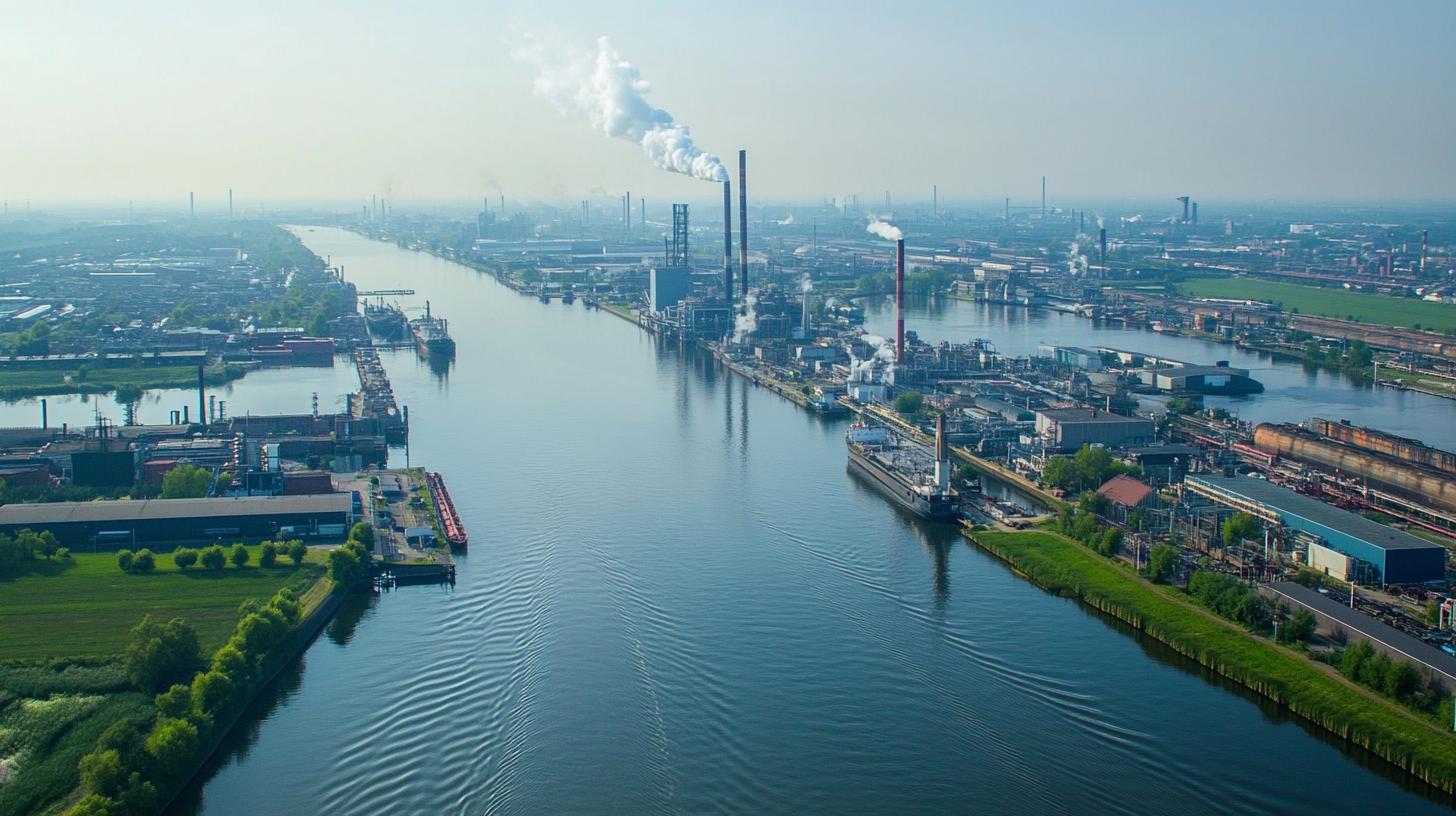Browse TagHydrogen Emissions
Hydrogen emissions refer to the release of hydrogen gas (H2) into the atmosphere as a result of various industrial processes, energy production, transportation, or the use of hydrogen as a fuel. While hydrogen itself is not a direct greenhouse gas, its emissions can arise from the production methods used to generate hydrogen, particularly when fossil fuels are involved. For instance, steam methane reforming (SMR), a common method for producing hydrogen, can emit carbon dioxide (CO2) and other pollutants. Moreover, hydrogen can contribute to indirect climate effects; when released into the atmosphere, it can influence atmospheric chemistry, potentially leading to the formation of greenhouse gases like ozone.Understanding hydrogen emissions is important in the context of transitioning to cleaner energy sources and reducing overall greenhouse gas emissions. As hydrogen becomes a more prominent part of energy systems, especially in decarbonization strategies, assessing the emissions associated with its production and use is crucial for environmental impact studies and policy-making aimed at sustainable energy solutions.












